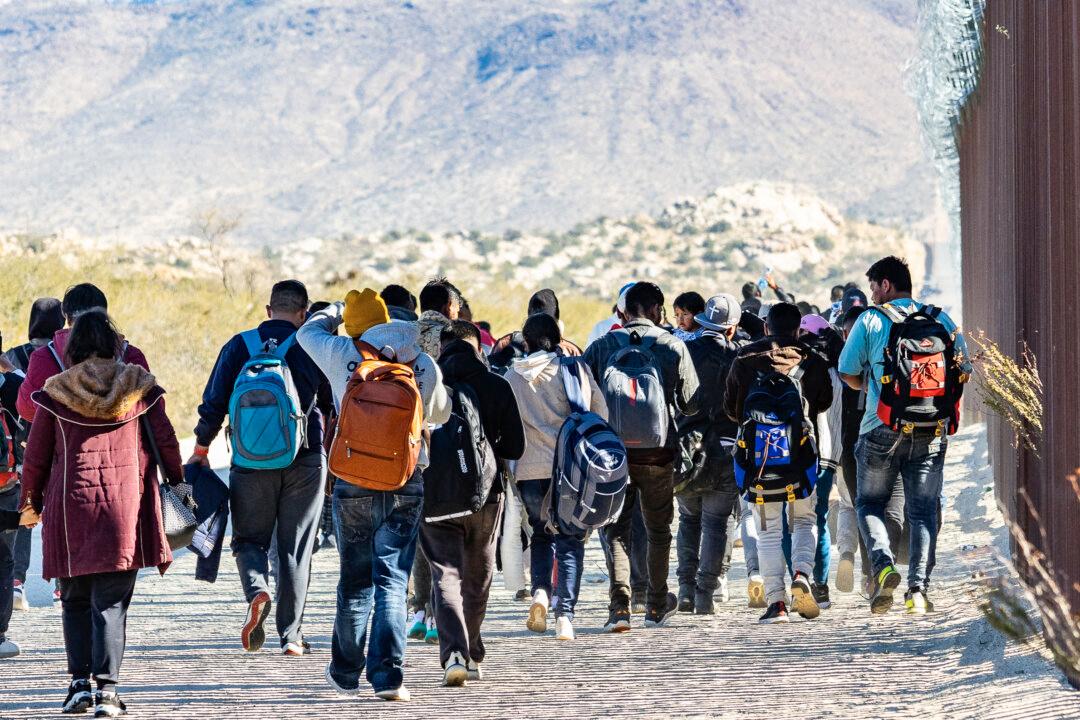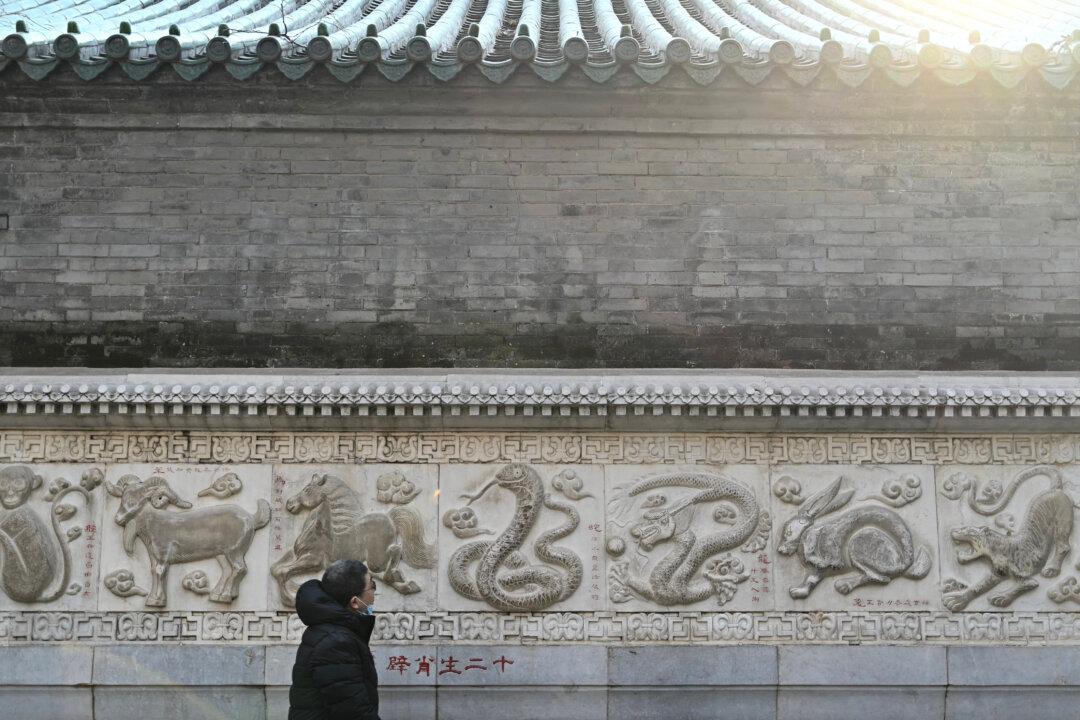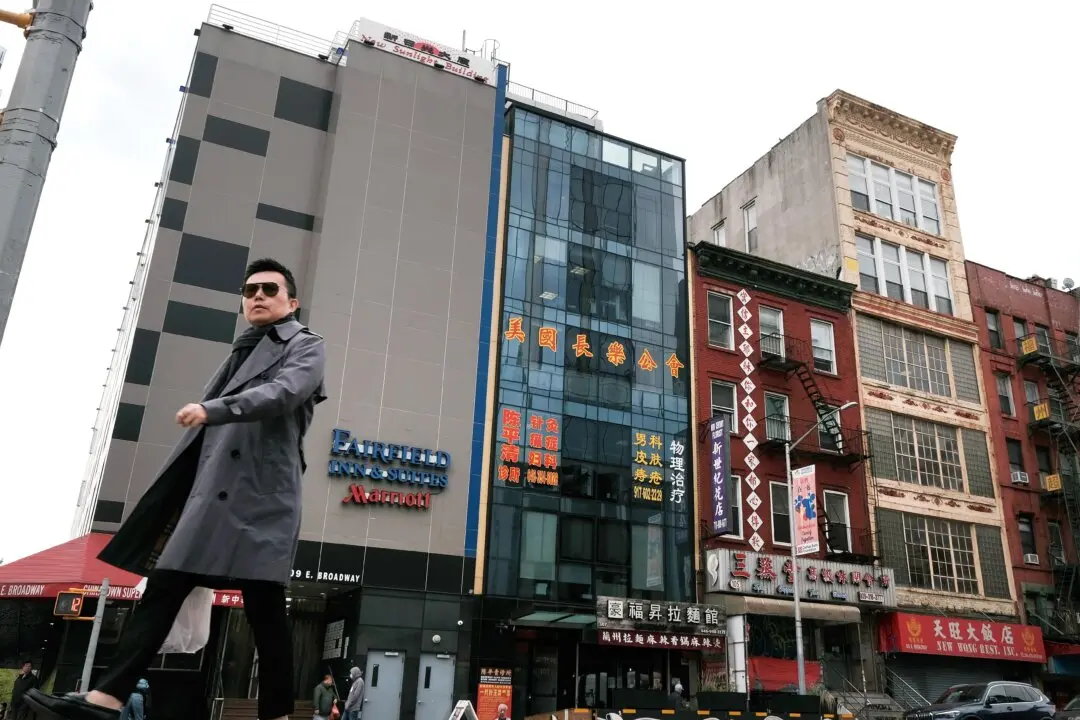Commentary
When Chinese leader Xi Jinping speaks, observers around the world listen for clues about what to expect from the Chinese Communist Party (CCP) in the coming months and years. Sifting through the Xi-speak associated with the “Two Sessions” requires ignoring all the fluff and clichés that are routinely echoed by the state-run Chinese media to get to the core concerns and issues that matter most to the communists.





